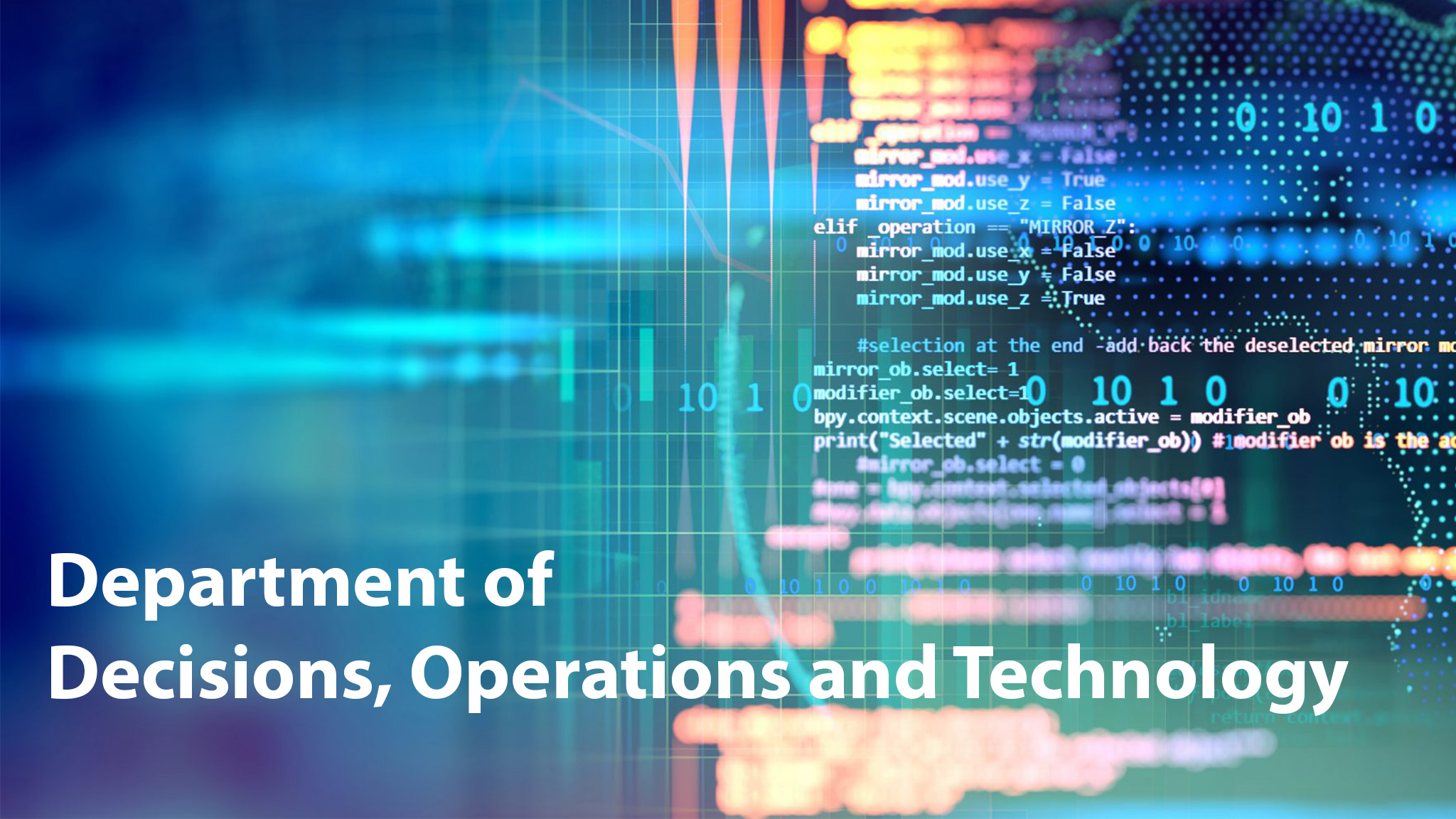The Devil’s Advocate: When AI Challenges Human Expertise

Artificial intelligence (AI) promises to enhance clinical decision-making, yet its value depends not only on diagnostic accuracy but also on the timing of its recommendations. The point at which AI enters the clinical workflow determines whether it is perceived as a collaborative partner or a challenger to professional authority. In high-stakes medical contexts, delayed AI input invites explicit comparison with prior judgments, making contradictions more salient and triggering identity threat, particularly for senior experts whose credibility rests on autonomous decision-making. To examine these dynamics, we drew on reflective practice and identity theories in a randomized crossover experiment with 30 experienced physiatrists diagnosing swallowing disorders from video data. We compared a one-step workflow, where AI input is presented concurrently with diagnosis, with a two-step workflow, where it follows an unaided decision. Results reveal that timing effects hinge on both task difficulty and expert identity: two-step workflows foster reflective gains in medium-difficulty cases but can erode performance in difficult ones by provoking resistance tied to professional identity, whereas one-step workflows reduce such resistance but risk automation bias in simpler tasks. These findings highlight expert identity as a critical mechanism shaping whether AI recommendations are embraced or resisted, positioning workflow timing as an identity-sensitive design lever for human–AI collaboration in expert domains.

